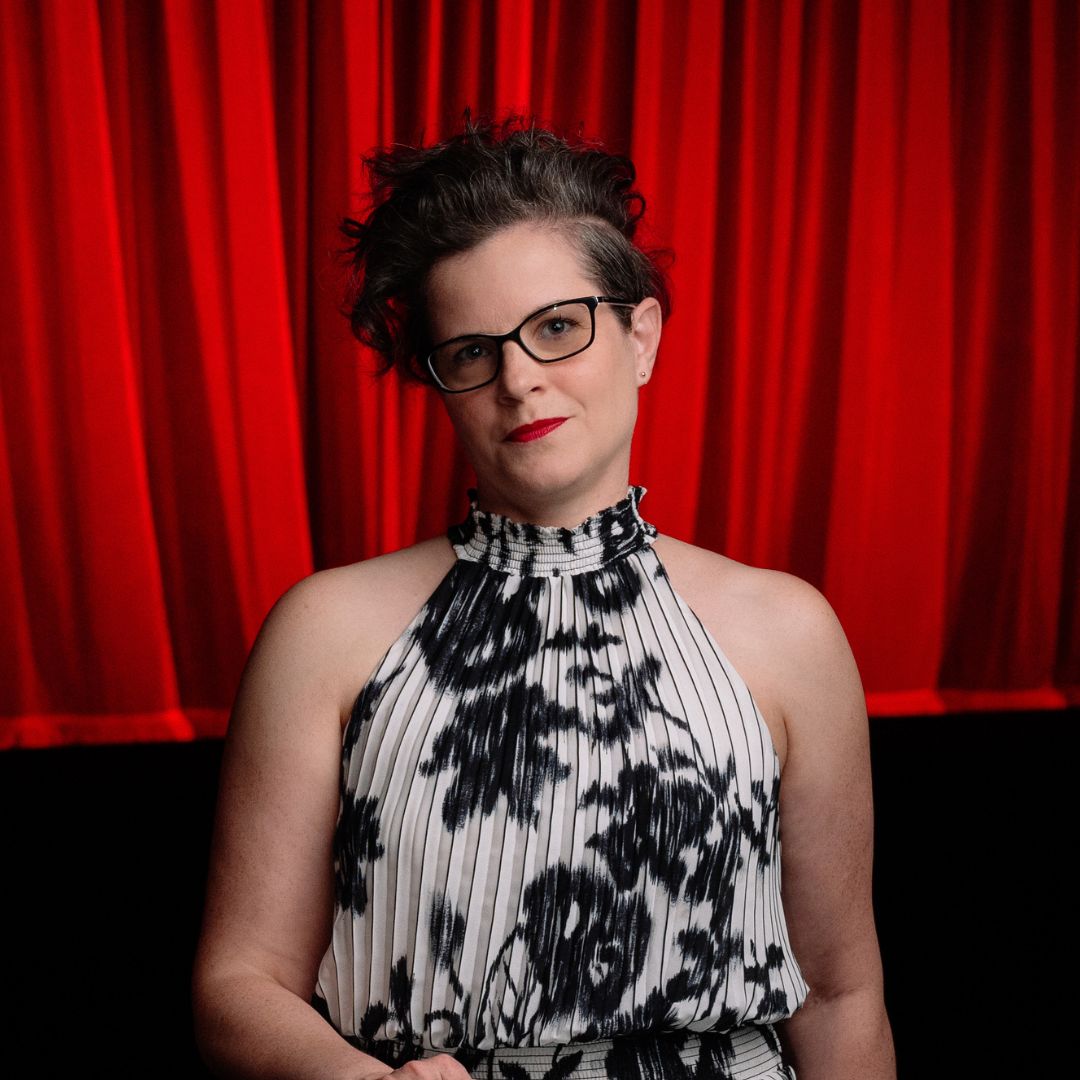It is an incredible honor to direct Puccini’s Madame Butterfly as my debut as Lyric Opera of Kansas City. Bringing this beloved masterpiece to life offers a profound opportunity to explore its breathtaking music, emotional depth, and complex cultural legacy.
At the heart of Madame Butterfly is a poignant and tragic love story, brilliantly set in Nagasaki, Japan, at a time when two cultures were thrust together in complex and often painful ways. Despite the difficult conversations surrounding the opera today, I believe Butterfly is Puccini’s love letter to opera and that his intentions were to create a powerful drama that ultimately condemns Pinkerton’s perspective and cavalier attitude. While Puccini himself never visited Japan, he was invested in capturing its essence. His librettist, Luigi Illica, traveled to Nagasaki to immerse himself in Japanese culture, and Puccini studied traditional Japanese music with the wife of the Japanese ambassador to Italy. He incorporated these melodies into his composition, striving to create a world that felt authentic to him.
Yet, for all its beauty and sincerity, Madame Butterfly is not without controversy. Over time, the opera has been criticized for its historical inaccuracies and for presenting Japan through a Western lens. Some of its portrayals reflect stereotypes that, though common at the time of its creation, require careful consideration today.
Puccini was deeply moved by the real-life stories that inspired Madame Butterfly. His fascination with the subject was sparked when he saw David Belasco’s theatrical adaptation of John Luther Long’s novel in London in 1900. He was immediately drawn to its emotional intensity and wrote to his publisher Giulio Ricordi about his intent to turn it into an opera. Puccini’s own letters reveal the depth of his research. In an undated letter, he wrote: “My dear Signor Giulio, I have had a visit today from Mme. Oyama, wife of the Japanese Ambassador. She told me many interesting things and sang some native songs to me. She has promised to send me some native Japanese music. I sketched the story of the libretto for her, and she liked it, especially as just such a story as Butterfly’s is known to her as having happened in real life.”
The figure of Cio-Cio-San was not just a dramatic creation; her story mirrored the real experiences of many Japanese women in treaty ports at the end of the nineteenth century. The practice of “temporary wives” was a widespread and heartbreaking reality, making Madame Butterfly a reflection of historical truths as well as artistic invention.
Puccini’s music embodies the same mixture of reality and fiction. He painstakingly studied Japanese music, drawing from ten authentic melodies, while also constructing his own sonic image of Japan. His score blends these Japanese influences with Western musical themes, such as the inclusion of “The Star-Spangled Banner” in Pinkerton’s first aria, emphasizing the stark contrast between the two cultures. The result is a musical language that both defines and separates Butterfly’s world from that of the Americans who enter it.
The tragic conclusion of Madame Butterfly is one of its most haunting and misunderstood aspects. In Japanese society at the time, jigai—female ritual suicide— was considered an honorable way to face dire circumstances. When Cio-Cio-San takes her own life, she is making a devastating but culturally significant choice, reclaiming her dignity in the face of betrayal.
With these complexities in mind, I have worked with the team at Lyric Opera of Kansas City to approach this production with great care and thoughtfulness. Our goal is to honor the extraordinary beauty of Puccini’s work while engaging with its cultural challenges in a meaningful and respectful way. We have worked closely with cultural advisors, Momo Suzuki and her son and Kevin Suzuki, to ensure that our portrayal is well informed. Our wonderful cast of talented artists brings richness to the performance, reflecting the vibrant, multicultural world we live in today.
We invite you to experience this production with an open heart, to be swept away by Puccini’s extraordinary music while also reflecting on the themes the opera presents. Madame Butterfly is more than just a story of love and loss—it is an opportunity for conversation, for understanding, and for appreciating both the timelessness of opera and the ever-evolving perspectives through which we experience it. Thank you for joining us for this special performance, and we hope it resonates with you long after the final note is sung.
Don't miss Madame Butterfly, directed by E. Loren Meeker, November 14–16, 2025 at the Kauffman Center for the Performing Arts. Get tickets now.
Photo by Andy Newbegin Photography for Lyric Opera of Kansas City.
